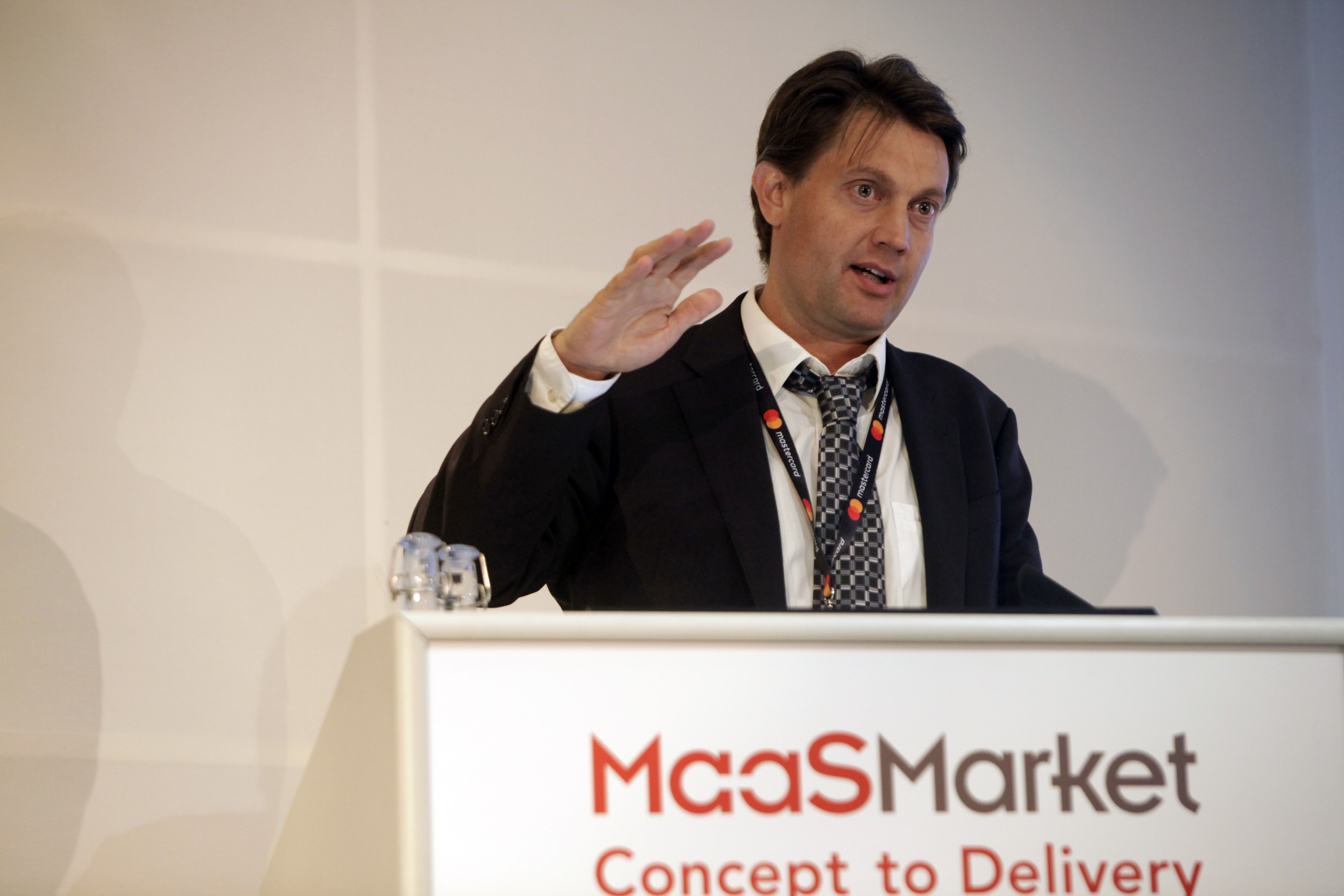“The value of a car-dominant city has reached its zenith,” she says in an interview with ITS International. “The city regulatory and physical infrastructure has been built on a personal car-dominant infrastructure. We have spent the last 100 years making car travel in cities the most convenient and cheapest way to the exclusion of everything else.”
That creates problems, she continues. “Today, mayors and cities are signalling by price that they are indifferent as to whether you take your zero emissions and small footprint bike or a 25 year-old car that pollutes heavily or indeed a shared taxi or public transit. Currently the city is signalling that ‘all those things are the same to us’.”
Chase, who also spoke at ITS International’s
She is one of the influencers behind the recently-published %$Linker:
The principles call for fair pricing of different mobility options. “The point of doing road congestion pricing and kerb access pricing is so we can start getting at fair user fees across all modes,” she insists. “Personal cars are not paying a fair share and because of that we have been responding to the wrong price signals which is why we don't have enough walking, biking or shared transport modes.”
- For full interview and MaaS Market Atlanta report, see ITS International May/June issue, out soon








